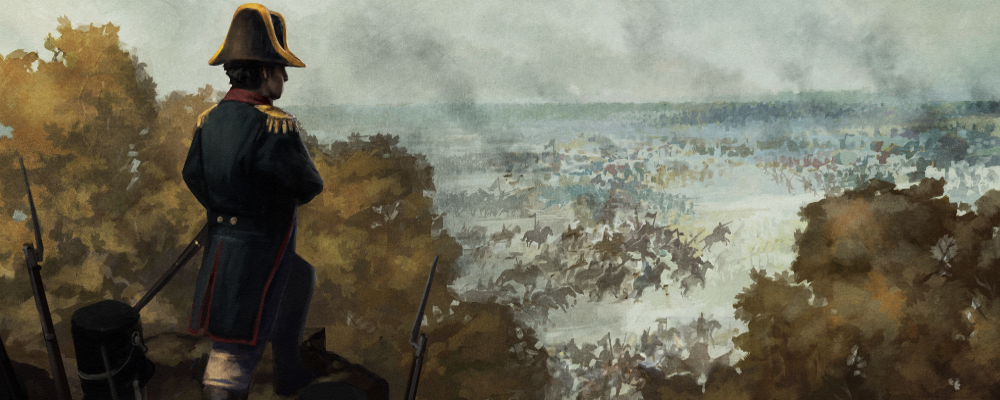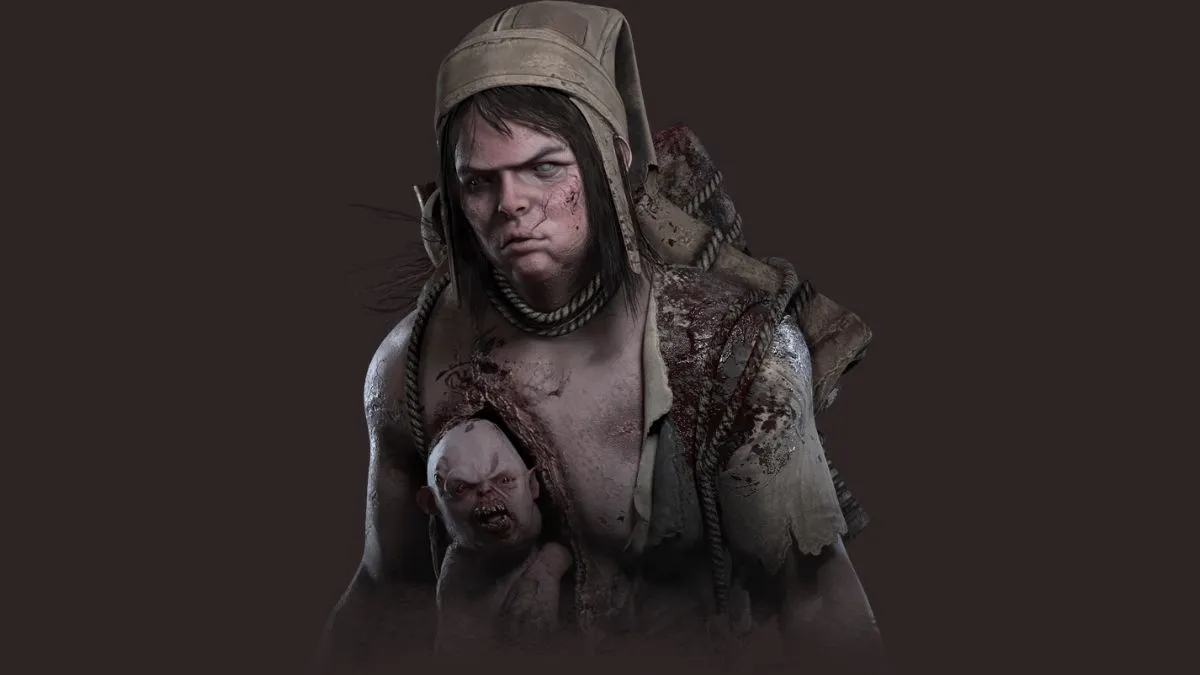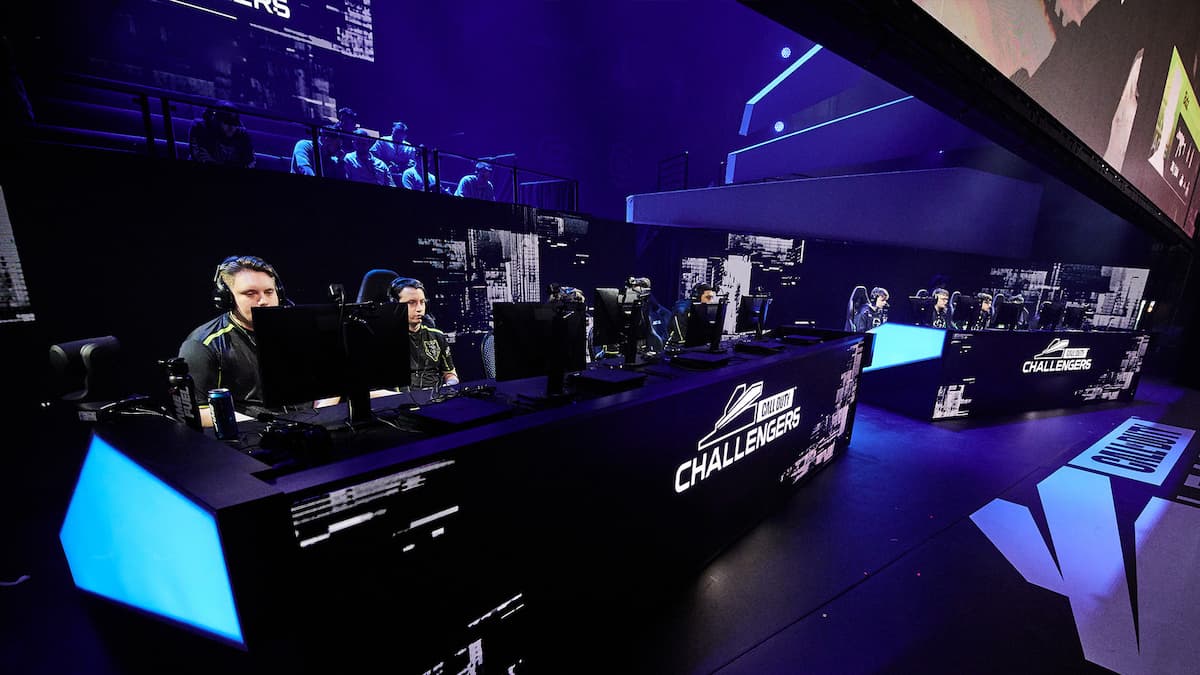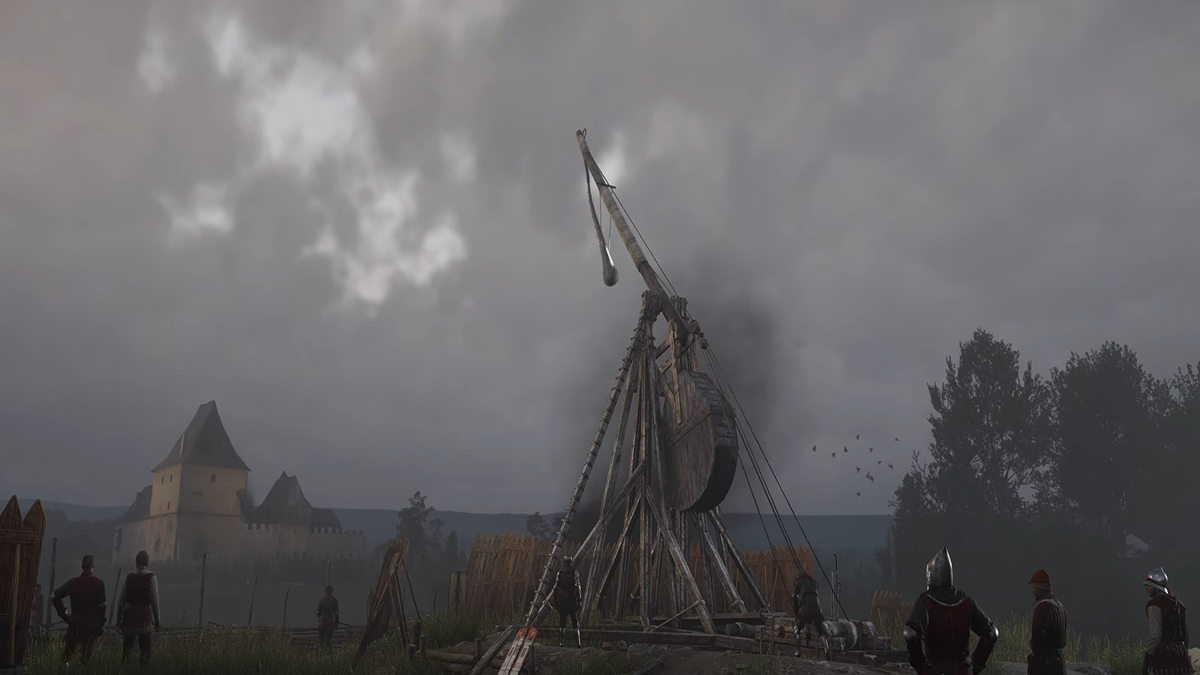No Spain, no gain
I can’t say I was particularly sold on March of the Eagles — Paradox Development Studio’s latest grand strategy endeavor — after playing with the beta build I received a couple of months ago. At first I thought I might rather like the stronger focus on war and its clearly defined goals, the things that set it apart from titles like Europa Universalis or Crusader Kings II, but I quickly started to miss the depth and complexity, and feared that warfare alone would not be able to hold my interest.
Then I played a two hour multiplayer match against eight of my fellow journalists in Iceland last week, and now I’m something of a true believer. My concerns with the single-player facet remain, albeit in a slightly subdued fashion after coming to terms with the fact that March of the Eagles is designed for people who until now have been put off by the lack of set goals or focus found in the genre.
The multiplayer, though, that has everything I could want from a title of this ilk.

March of the Eagles (PC)
Developer: Paradox Development Studio
Publisher: Paradox Interactive
Released: Q2 2013
MSRP: $19.99
March of the Eagles strips out the centuries of plotting, politics, diplomacy, and intrigue commonly found in the genre, and focuses exclusively on the Napoleonic Wars; specifically the military campaigns of that period. It could be a good place for newcomers to the genre to get their first experience of grand strategy, as there’s a lot less micromanagement, and every nation has a clearly defined set of goals and victory conditions. Chris King, March of the Eagles‘ lead developer described it as “a game you can just play quickly and enjoy without the long grind of a long game.”
In line with Paradox’s recent attempts to add a greater degree of accessibility to their games, March of the Eagles also contains a fairly robust, yet short, tutorial to get people started. Even should you only want to play the multiplayer component, it’s well worth going through to get a feel for the way the game works. Chris explained to me how they designed the tutorial. “We actually had one of the girls in the office — one our scripters — she’s not a hardcore strategy gamer, so we decided to throw the tutorial onto her, saying that since [she’s] not an expert in these kinds of games… therefore, [she’s] going to assume far less foreknowledge than I would, and then [she] can develop the tutorial from the perspective of a far more lower level player.”
For our LAN war, I was given control over Spain, a powerful nation not quite at Britain or France’s level. The moment we began, the plotting commenced. I was in a coalition with the mighty France, whose player was thankfully sitting just to my left — perfect for arranging sneaky attacks against our many, many foes.

I was in a much stronger position than my Gallic ally, with the key provinces that the “dominance” overlay advised me to take being far from other players, and an absence of foreign hordes knocking at my door. France, on the other hand, was in dire straits. Most of the world was challenging the Grande Armée, but while I felt a little bad for my ally’s situation, I was extremely glad that he was keeping everyone very busy in Central Europe.
I used this opportunity to do a little bit of dominating myself, and hastily declared war on Portugal. The coastal nation had four provinces that I desired, and quickly fell to my superior manpower and the fashionable moustaches of my generals. Creating a strong fighting force is actually quite an involved process, unsurprisingly given that this is a war game. Generals with different skills can be assigned to the flanks, main body, and even a support role, giving a human face to the mass of heavily armed men, while also providing additional depth to the actual strategy.
After very little time, Portugal agreed to become a satellite of Spain. This meant that the land and naval provinces were added to my “score”, I could demand the use of their armies and fleets, and I could slag them off without them being able to do anything about it. I felt appropriately smug, even if Portugal was being controlled by the AI. It was, however, time to deal with some real players.

At Spain’s southern tip sits Gibraltar, with its stalwart defenses and Nelson’s huge fleet anchored on the coast. It was one of Britain’s great strongholds, and essential to the nation’s naval dominance. It would be mine, I thought as I fondled the mouse. I wasn’t sure if I had said that aloud, so I quickly looked around the room to spot any worried glances in my direction. Luckily, everyone else was busy with their own problems.
Taking Gibraltar could not be done alone, no matter how confident I was. With Nelson’s fleet outside, it couldn’t be blockaded, and endless supplies meant that the fortress could hold out for years. Despite the beating that France was taking in the north, I requested aid from my ally. I bat my eyelashes, and I got what I wanted. A fresh French fleet was sent south. Meanwhile, I demanded a Portuguese expeditionary fleet from my AI minion, and started shouting threats across the table at the British player. Rightly so, he showed no concern whatsoever.
Within minutes, our international powerhouse was decimated by Nelson, and we fled with our tails between our legs. Ships have tails, right? Luck happened to be on our side, however. Nelson’s fleet was suffering severely low morale due to attrition, and had to speed back to Britain with great haste, leaving Gibraltar ripe for a blockade. The surviving French, Portuguese, and Spanish fleets combined into one massive force and sat snugly in the docks, while my Spanish soldiers besieged the fortress. I knew it would still take some time, but it would almost certainly fall. Chris King was wandering around the room, offering advise (or spying for players who had bribed him), and he gave me some words of wisdom in regards to the huge fort: “It can sometimes take up to six years before it falls.” Challenge accepted.

There was no time for high-fiving, unfortunately, as France was in serious trouble. I definitely owed my neighbour after he helped me with Nelson’s fleet, so I constructed a large force and sent it all the way to the north of Italy, where France and Austria were in the midst of a horrific war. Players can gift their allies with expeditionary units, giving them complete control over an army or a fleet, but I wanted a slice of the action and opted to control the army myself.
It took a bloody long time, but eventually my troops made it to Italy, and then pressed on to Austria’s very own provinces. The moment that happened, the walls of Gibraltar fell, and my attention became divided. As I threw more and more men into the Mediterranean fortress, I had stopped looking at my troops besieging Austria’s holdings. They were fine when last I had checked, and I had faith that should anything happen to them, France would let me know. How wrong I was.
While I exchanged insults with Britain I heard a chuckle from the Austrian player. Oh bugger, I thought, this can’t be good. It most certainly was not. A force four-times the size of my own was almost on top of my besieging soldiers, and within seconds my men were utterly decimated. France was on its own, and my brief foray in the north ended in blood and death. “Well,” I said, “I won’t be doing that again.”

I was okay, though. Gibraltar had fallen, and with it, Britain’s naval dominance. It was a huge victory that would, unfortunately, make me a target later on. My many military encounters had left me with no small amount of points with which I could invest in national ideas, March of the Eagles’ answer to technology. As the game takes place over a very short period of time, there weren’t many technological advances, but there were many changes to the way that armies and nations functioned — these national ideas reflect this. Interestingly, losing a battle actually nets players more of these points; the logic being that they would have learned far more and have a greater impetus for improving themselves.
With my forces upgraded, I shifted continents, and slowly started to make my way across North Africa. My goal was to take more key provinces, but avoid the huge conflicts that had previously decimated the likes of Britain and France earlier in the game. It may have only been a two-hour match, but I was playing the long game. My long term plan was to work my way across the expanse of Africa’s northern coast, eventually making a move on the Ottomans, whose players were sitting right in front of me, boasting about how awesome they were. Not for long, I snickered. I had not taken into account Blighty’s desire for vengeance, though, and I was about to face my greatest challenge yet — without the aid of my French chum.
A mind-bogglingly huge British fleet was resting just off the Spanish coast in the north. It was just sitting there, doing absolutely nothing. Pestering the British player revealed no information, and I certainly couldn’t chase them off, my entire fleet not even having half the strength of those dastardly Brits. Then troops appeared. A few seconds later there were even more. Before I knew it, the northern part of Spain was covered in British infantry, cavalry and artillery. I confess that I started shouting.

The next half-hour saw me desperately building a massive land force — very slowly — while harrying the British troops whenever I could. Attrition was my friend, as I forced them to chase my men all across Spain, watching their supplies dwindle by the minute. “Stop running away!” The British player would cry. “Hell no!” I would respond, laughing, and knowing I was wearing his forces down.
Province after province would fall, only for me to quickly snatch them back again. Despite the constantly moving armies and changing colors depicting control of a region, we were, for a very long time, in a stalemate. This was my home, though, and Britain was just a tourist. Exhaustion set in amongst the foreign pig-dogs, my forces were growing, the time to strike was upon me … “Sorry guys, we’re going to have to wrap this up.”
With those upsetting words the match was over. I did not end up the dominant power, though I came fourth and managed to make Spain a real contender. It was Rocky Balboa stuff, no doubt about it. I don’t think I’ll ever spend a huge amount of time with March of the Eagles‘ single-player mode, but I cannot wait to play more multiplayer wars. The diplomacy, backstabbing, and rivalry that I love so much remains very much intact when you add in human opponents, especially in a LAN setting, and it was genuinely one of the most enjoyable experiences I’ve ever had with a grand strategy title.




